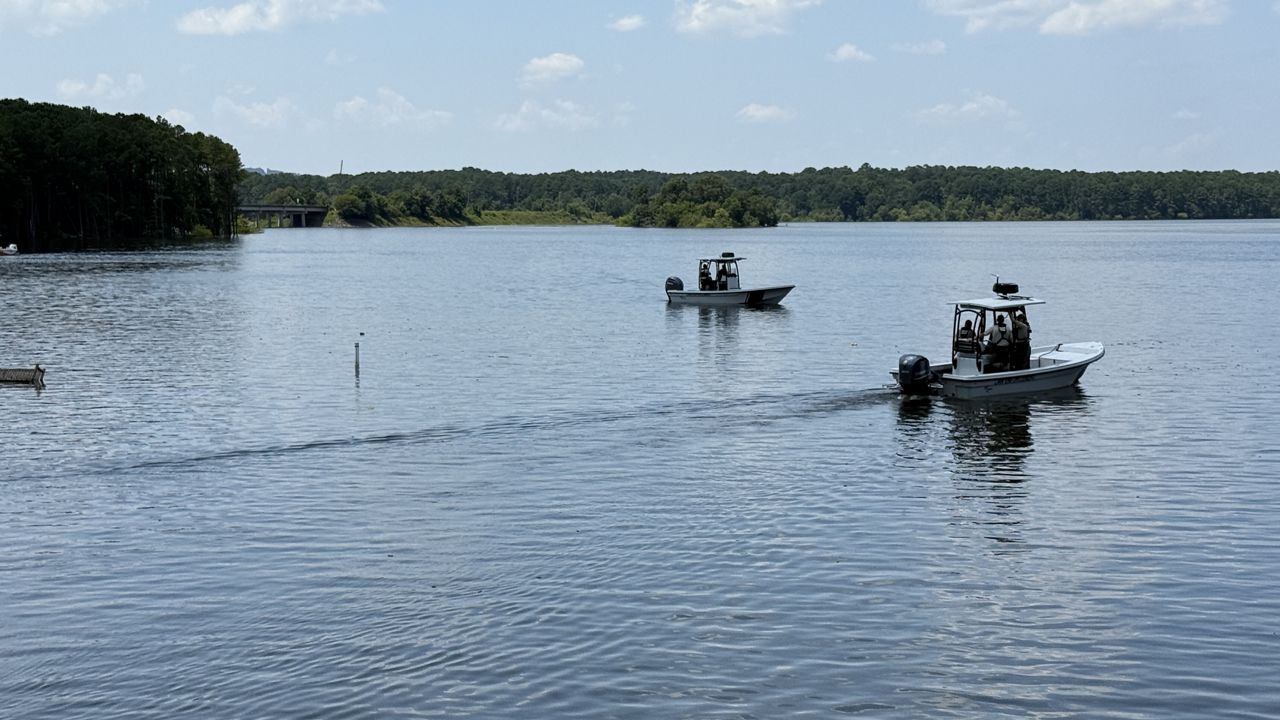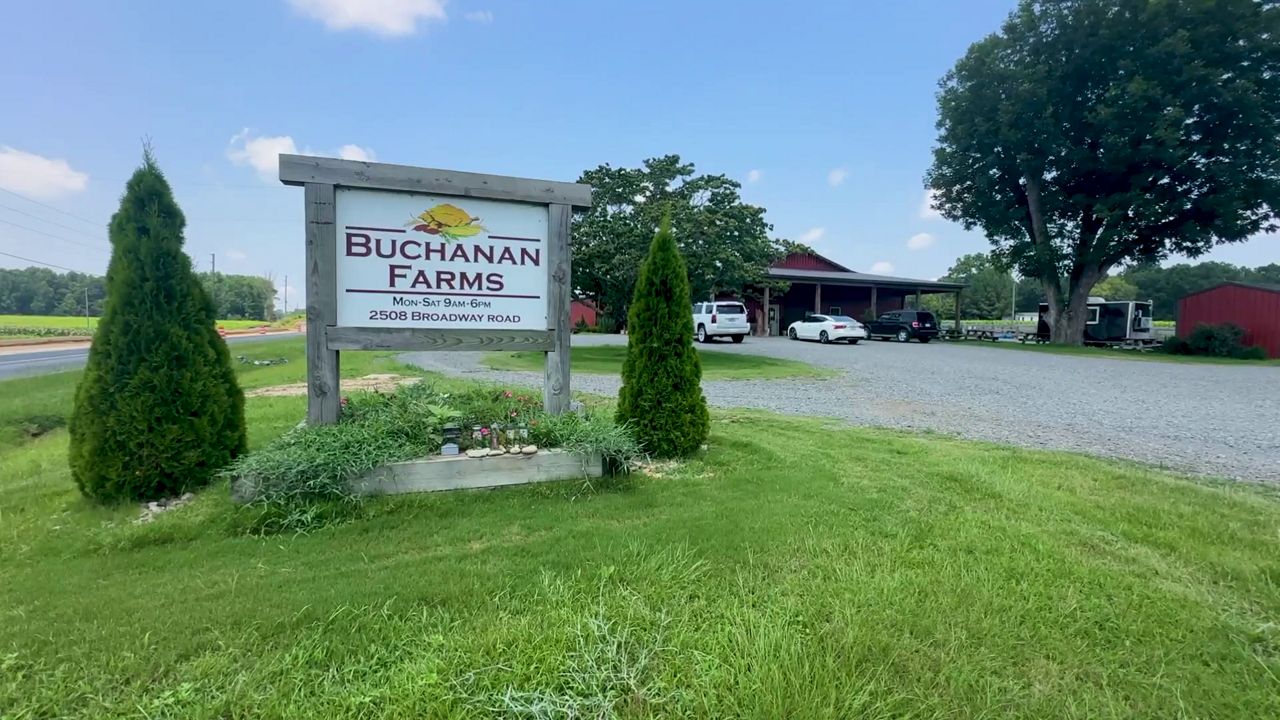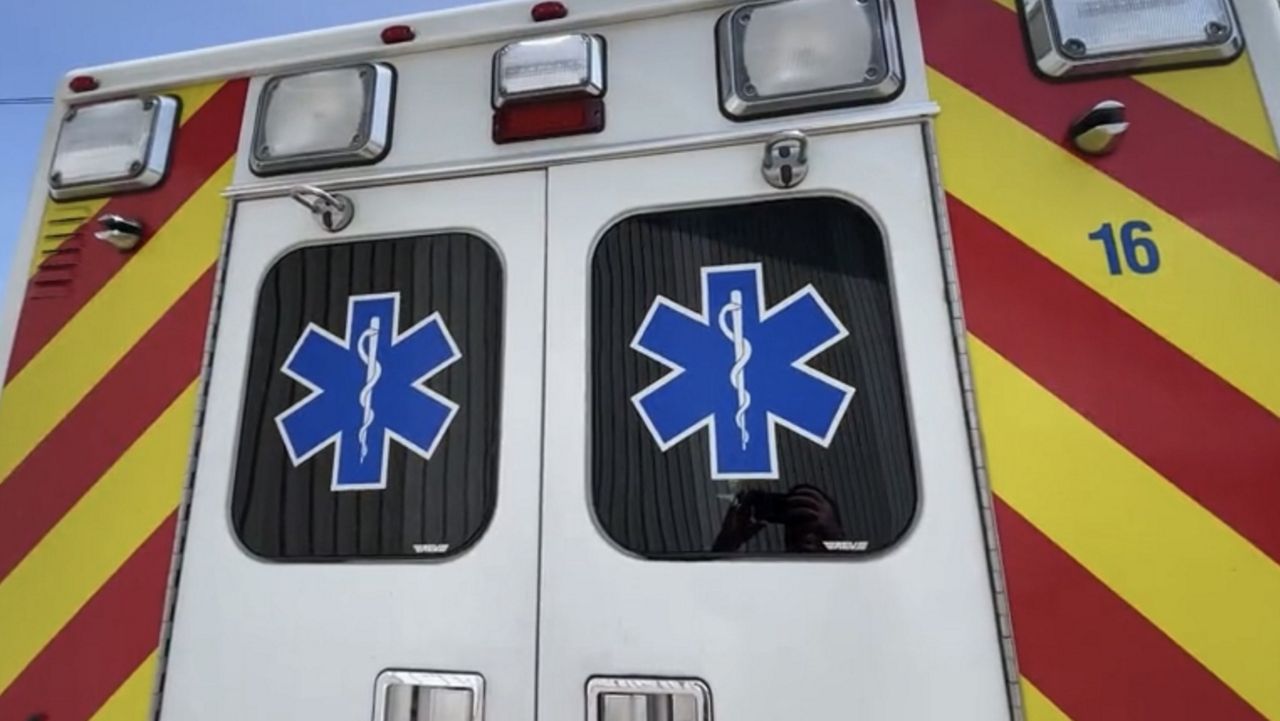SWANNANOA, N.C. — Black bears notoriously stop by for visits on the campus of Warren Wilson College in Swannanoa, North Carolina. Professors and students decided interactions and stories were starting to happen too often, and that’s when they got to work.
“The ideal bear interaction is the bear sees you and runs the total opposite way,” former Warren Wilson student Cassandra Gibb said.
The issue is the bears aren’t always running away – affecting the safety of both humans and bears. The lack of fear led bears closer and closer to campus, and some students don't know how harmful it can be to approach them.
Gibb and associate professor of conservation biology Liesl Erb wanted to find out where the bears' comfort was stemming from.
“There's the human factor of everything we’re doing impacts them [bears], so I wanted to make some small change,” Gibb said.
Erb has been researching and teaching wildlife and ecology for years.
“I just remember thinking finally, I have been waiting for Cassie for five years,” Erb said.
The two have strong interests in the area’s wildlife and learning how to protect animals.
They are determined to help their college receive a national BearWise recognition by demonstrating bear safe guidelines. This includes investigating, identifying food sources and attractants and establishing a BearWise liaison.
The first college in the nation to receive the BearWise recognition was Lees-McRae College in Banner Elk, North Carolina. Warren Wilson is hoping to be right behind its neighbor.
They first figured out where interactions were occurring and how often.
“What Cassie found wasn't a surprise, but it helped to convince the community, look, this is the number of documented interactions, this is a problem,” Erb said.
Dining halls and open trash cans were hot spots.
“They’re not going after notebook paper,” Erb said, laughing. “That doesn’t taste or smell good.”
Now, new bear-proof trash cans have been set up on campus where trash would usually lie torn apart.
Some of the next steps include bear safety presentations at orientation, so that incoming students are aware of what they can do to help.
A reporting tool has been in the works to help monitor and educate the campus on the human side of bear interactions.










